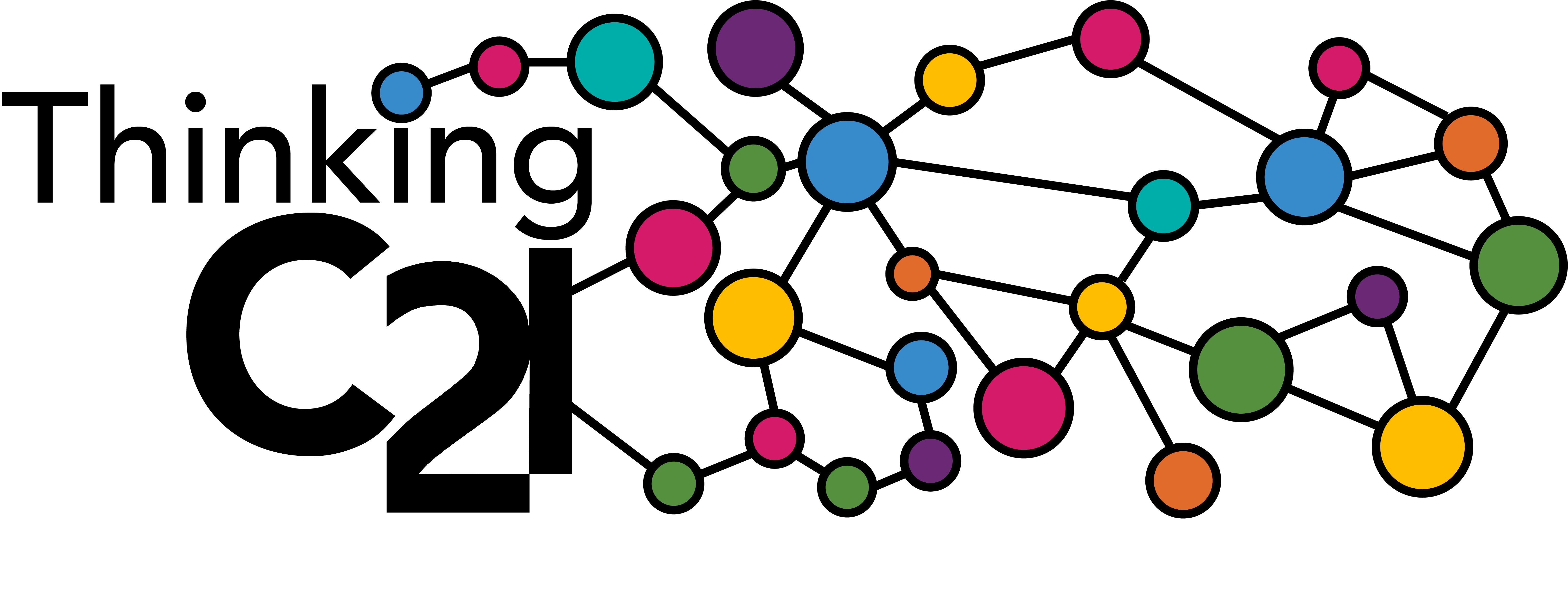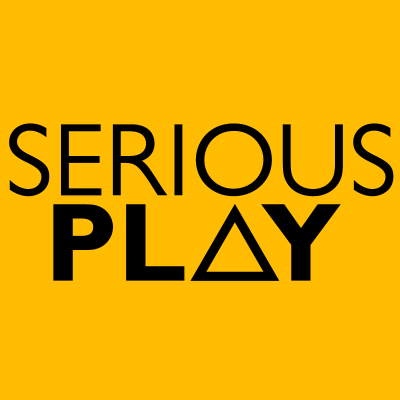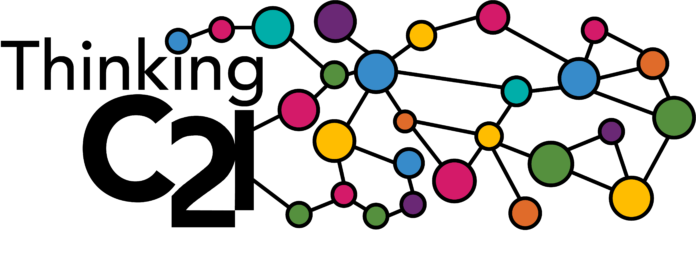By David Kocik
Play, games, and digital communities have significantly shaped our experiences throughout the COVID 19 pandemic. Video game sales skyrocketed in 2020 and 2021, and live streaming platforms like Twitch and YouTube similarly saw a large rise in viewership for all kinds of content, including live sports, arts and crafts, and most especially video games. More people played more games and watched more people play these games online now than have ever played them before.
As a collaboratory dedicated to the research of digital cultures through the critical practice of live streaming on Twitch, the Digital Cultures Collaboratory (DCC) had a unique experience contending with the pandemic and its continued effects on our lives. Since its founding in 2013, DCC has focused on graduate student and faculty research of digital games, online communities, and live streaming. These three research items shifted significantly in 2020, with more people playing online party games like Among Us to maintain contact with their previously in-person connections. We, likewise, had to shift to a primarily digital practice as we streamed from our kitchens and living rooms rather than our lab.
We learned several things from our experiences adjusting to pandemic live streaming. To work collaboratively, we had to use a complicated web of software, including Discord, Twitch, Zoom, and Open Broadcasting Software. We learned individually how to create graphics and overlays through Pixlr. And we had to foster and sustain our friendships through digital play, reflecting previous research on how live streaming practices facilitate parasocial relationships and foster communities (Kowert and Daniel Jr., 2021; Taylor, 2018). With these newfound skills, we continue to stream some of our work from our homes, like Serious Playtest where we beta test games that are still in development.
Through Twitch, we’ve been able to share our resources, live streaming knowledge, and scholarly insights with communities outside UWM. This spring we hosted fan studies scholar Paul Booth who discussed his upcoming work on board games as media. We’ve also coordinated two collaborative symposiums through our Twitch channel. In 2021, we partnered with the Centre of Excellence in Game Cultures Studies from Jyväskylä, Finland. And in 2022, members of the DCC presented work with a group of scholars from University of Edinburgh’s Game Worlds cluster. These events have fostered connections between our collab and other academic organizations and scholars from around the world.
Now, we are shifting back to in-person streams through our collab. Our primary collaborative show is Lunch Zone, where all members of the collab who are free come to Curtin 902 to chat academically about the chosen game that week. For November, we chose to play games made by and about Indigenous US populations. Working together in the collab allows for coordinated conversations about game production in the UW system and how Indigenous communities use games as a method of telling their stories in new formats. And we cannot recommend enough for people to check out the Indigenous Interactive Digital Media and Video Games Database for more information about Indigenous games, developers, and approaches to video games.
Getting back together in the collab for Lunch Zone has led to fantastic academic conversations about digital copresence, anti-racist game design, and colonial representations of history in ludic systems. And we’ve began re-building our in-person communities as well. We’re reinvesting in our lab space, hoping to make the space more comfortable for all kinds of collaborative research and live streaming. But what I’m most excited about is our upcoming series and events we have planned for Spring 2023. With help from C21, we’re putting together exciting opportunities to connect, share, and build knowledge with the UWM community and beyond.
We’ll be putting together a new series tentatively titled “Coffee Break.” This interview show will feature Digital Cultures Collaboratory members interviews with a new academic guest every week. And each guest will get to choose which game they want to play with us as we live stream the interview! We’ll bring in UWM instructors, C21 collaboratory members, graduate students interested in live streaming, and so much more. Our aim is to highlight some of the other fantastic C21 collaboratories and build more connections between academic researchers and public audiences. We’re also excited to announce our first conference with a public call for papers. Our 2023 conference, Be-Twitching Scholarship: Dialogue, Action, and Live Streaming, focuses on the emerging practices, communities, and economies of digital live streaming, particularly those that create dialogue about and build coalitions against hegemonic economic, cultural, and political structures. Taking place online through Discord and our Twitch channel, Be-Twitching Scholarship will facilitate conversations between and across academic and live streaming audiences. Our hope is to provide new career scholars with more opportunities to share their work in a low-stakes setting while also dialoging with audiences and communities often denied access to academic conversations. A CFP for the conference will be sent out shortly, so keep your eyes peeled for an announcement through our social media!
There’s a lot to be excited about here at the Digital CulturesCollaboratory as we welcome new guests, new events, and new insights into our shifting relationships with digital technologies! Looking forward to Spring 2023 and beyond, the DCC is excited to continue working with C21 and the rest of the UWM community to foster critical discussions about games, play, and digital cultures.





